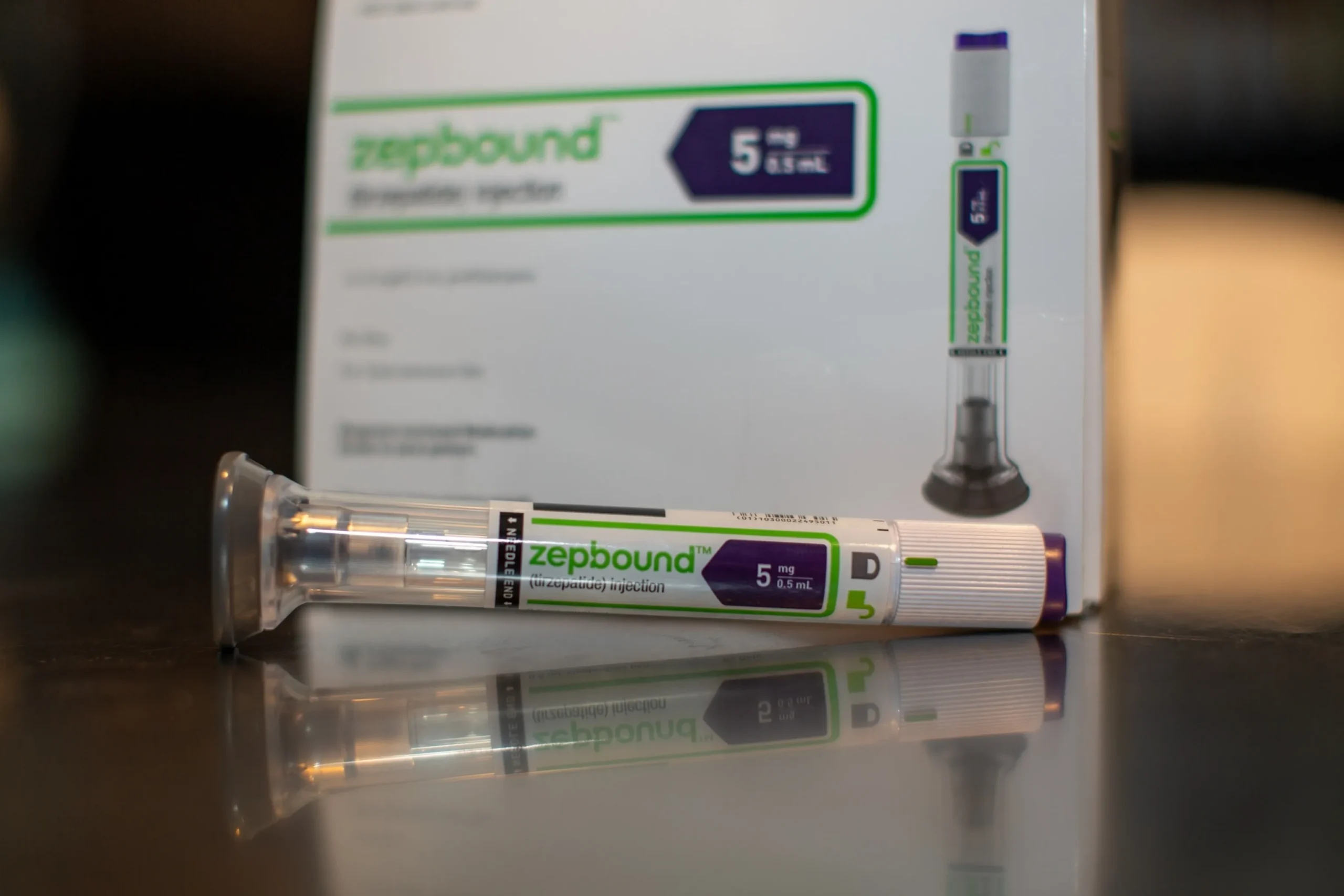Unlocking Weight Loss: How Zepbound is Changing the Game for Obesity Treatment
In a groundbreaking development for obesity treatment, Zepbound has emerged as a revolutionary medication that promises to transform how medical professionals approach weight management. The U.S. Food and Drug Administration (FDA) approved this innovative drug on November 8, 2024, marking a significant milestone in the fight against obesity.
A New Hope for Weight Loss
Zepbound, developed by Eli Lilly, has captured the attention of medical professionals and patients alike with its remarkable efficacy. Clinical trials have demonstrated an unprecedented average weight loss of 20% of body weight, outperforming previous weight loss medications by a substantial margin. Dr. Emily Rodriguez, a leading obesity specialist, notes, “This is not just another weight loss drug. Zepbound represents a quantum leap in our approach to treating obesity.”
The Science Behind the Success
The medication’s unique mechanism sets it apart from previous treatments. Zepbound contains tirzepatide, a dual-agonist that activates both GLP-1 and GIP hormone pathways. This innovative approach does more than simply suppress appetite:
- Reduces hunger signals
- Improves metabolic function
- Supports sustained weight loss
In head-to-head clinical trials, participants using Zepbound lost an average of 50.3 pounds over 72 weeks, compared to 33.1 pounds for those on competing medications like Wegovy.
Who Can Benefit?
Zepbound targets adults facing significant weight challenges:
– Individuals with a BMI of 30 or higher (classified as obese)
– Adults with a BMI of 27 or higher with at least one weight-related health condition
“This medication offers hope for millions struggling with obesity-related health issues,” says Dr. Michael Chen, an endocrinologist at Stanford Medical Center.
Important Considerations
While the results are promising, medical experts emphasize critical points:
- Lifestyle Integration: Zepbound is not a magic solution
- Requires combination with diet and exercise
- Professional medical supervision is crucial
Potential Challenges
The medication is not without its drawbacks:
– Cost: Approximately $1,000 per month
– Limited insurance coverage
– Potential side effects including:
1. Nausea
2. Vomiting
3. Constipation
Looking to the Future
The introduction of Zepbound signals a new era in obesity treatment. Researchers are optimistic about its potential to address a condition affecting approximately 70% of adults in the United States.
Expert Perspectives
Dr. Sarah Thompson, a nutrition researcher, warns, “Weight loss should never be the only goal. Holistic health approach is key.“
Navigating Potential Risks
Patients should be aware of potential risks:
– Monitor for signs of depression
– Regular check-ups with healthcare providers
– Discuss individual health circumstances
The Broader Impact
Zepbound’s arrival is expected to:
– Increase competition in weight loss medications
– Potentially drive down future treatment costs
– Provide new hope for individuals struggling with obesity
Final Thoughts
While Zepbound represents a significant breakthrough, it is not a universal solution. Individual results may vary, and consultation with healthcare professionals remains paramount.
Disclaimer: Always consult with a healthcare provider before starting any new medication or weight loss treatment.
The journey to better health is personal, and Zepbound offers a promising new path for those seeking to manage their weight effectively.
Note: This article is for informational purposes only and should not be considered medical advice.






Leave a Comment